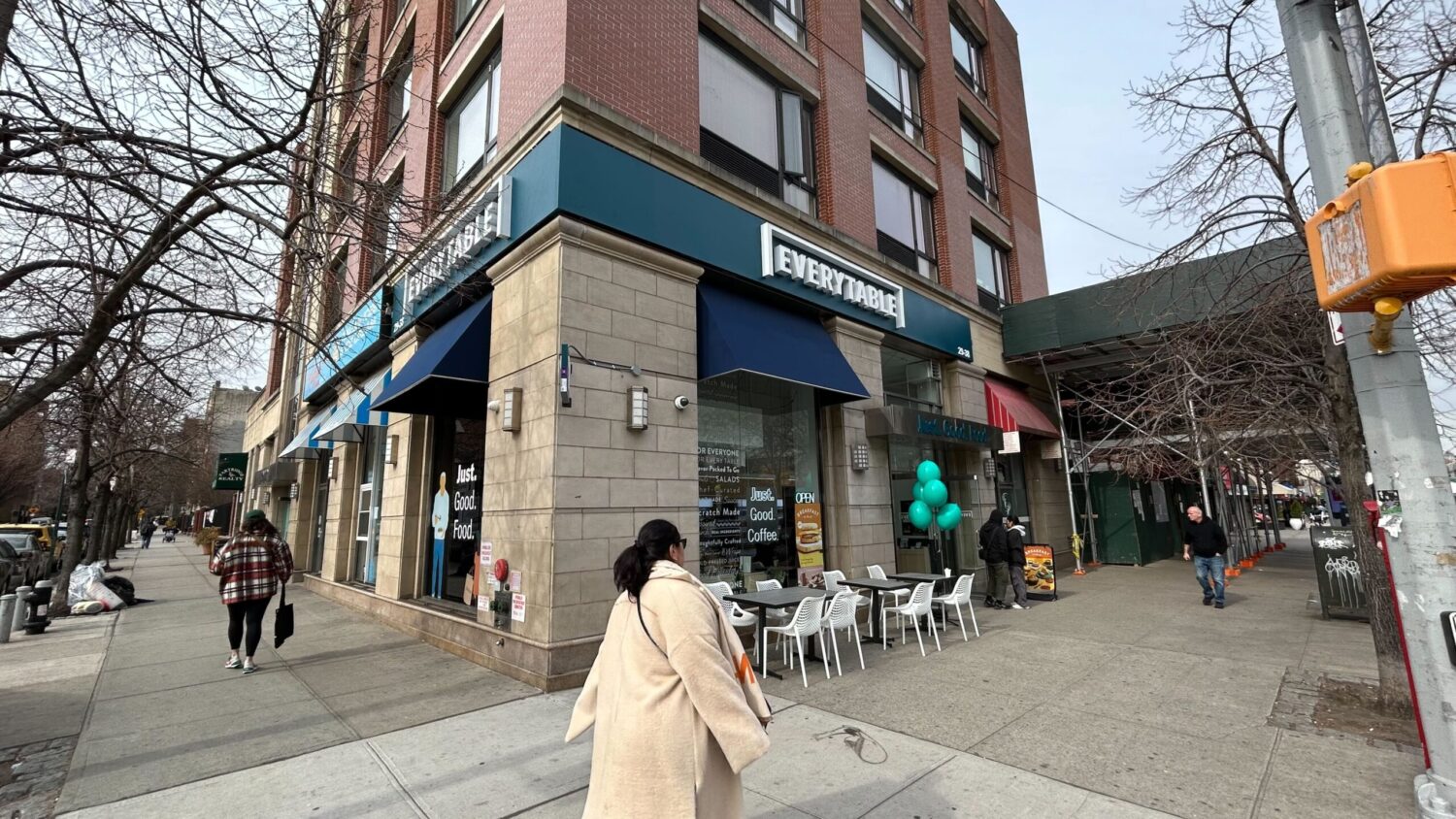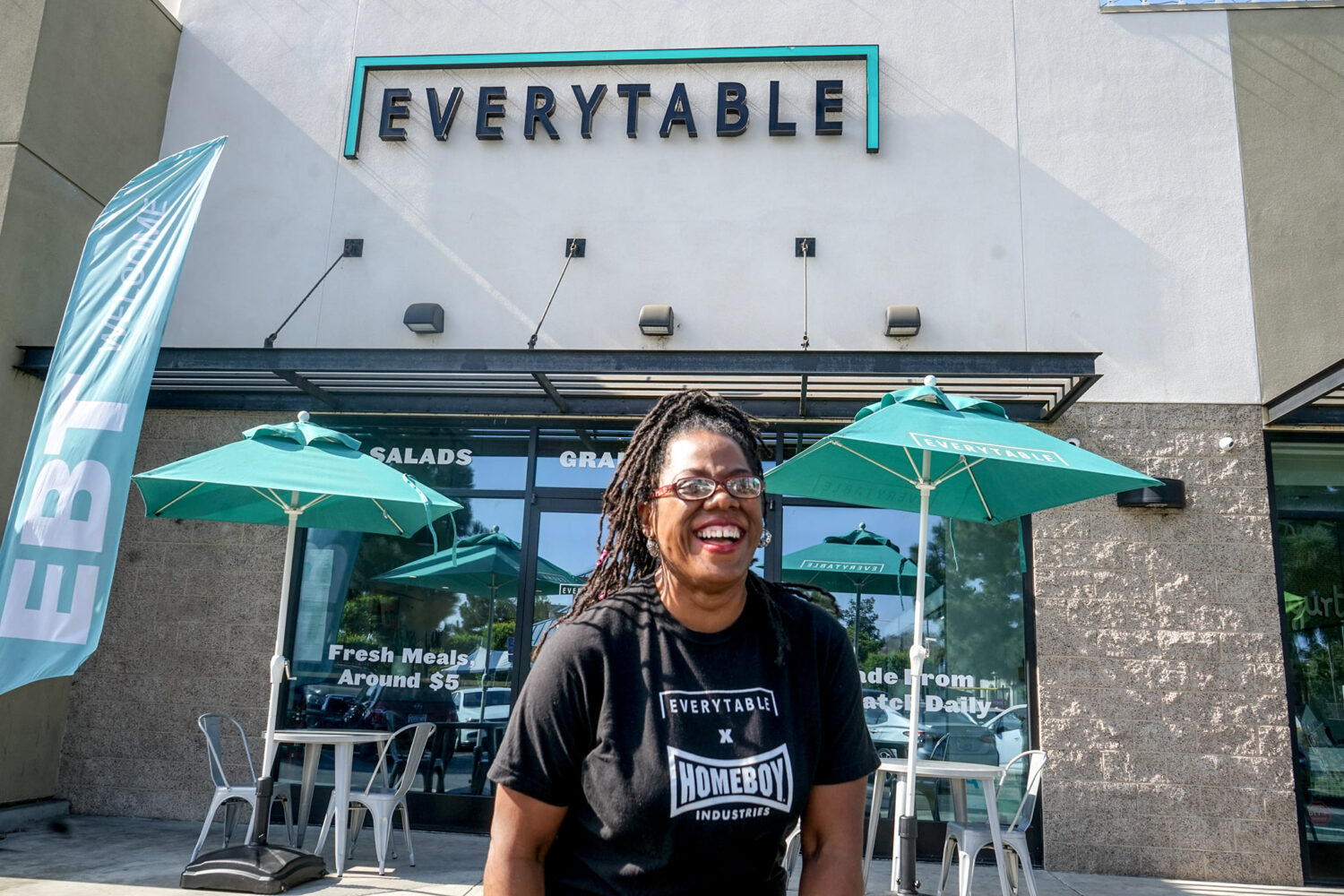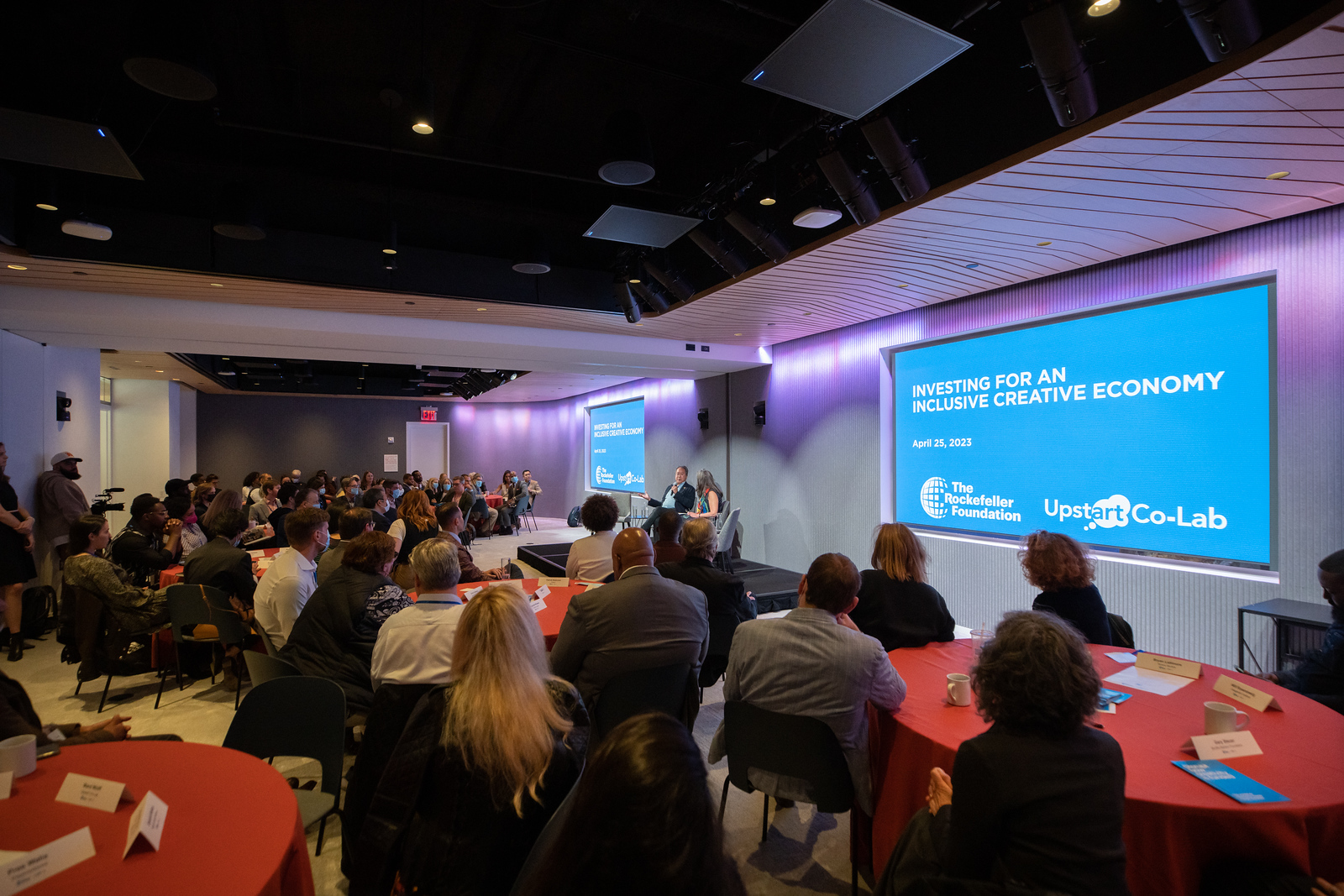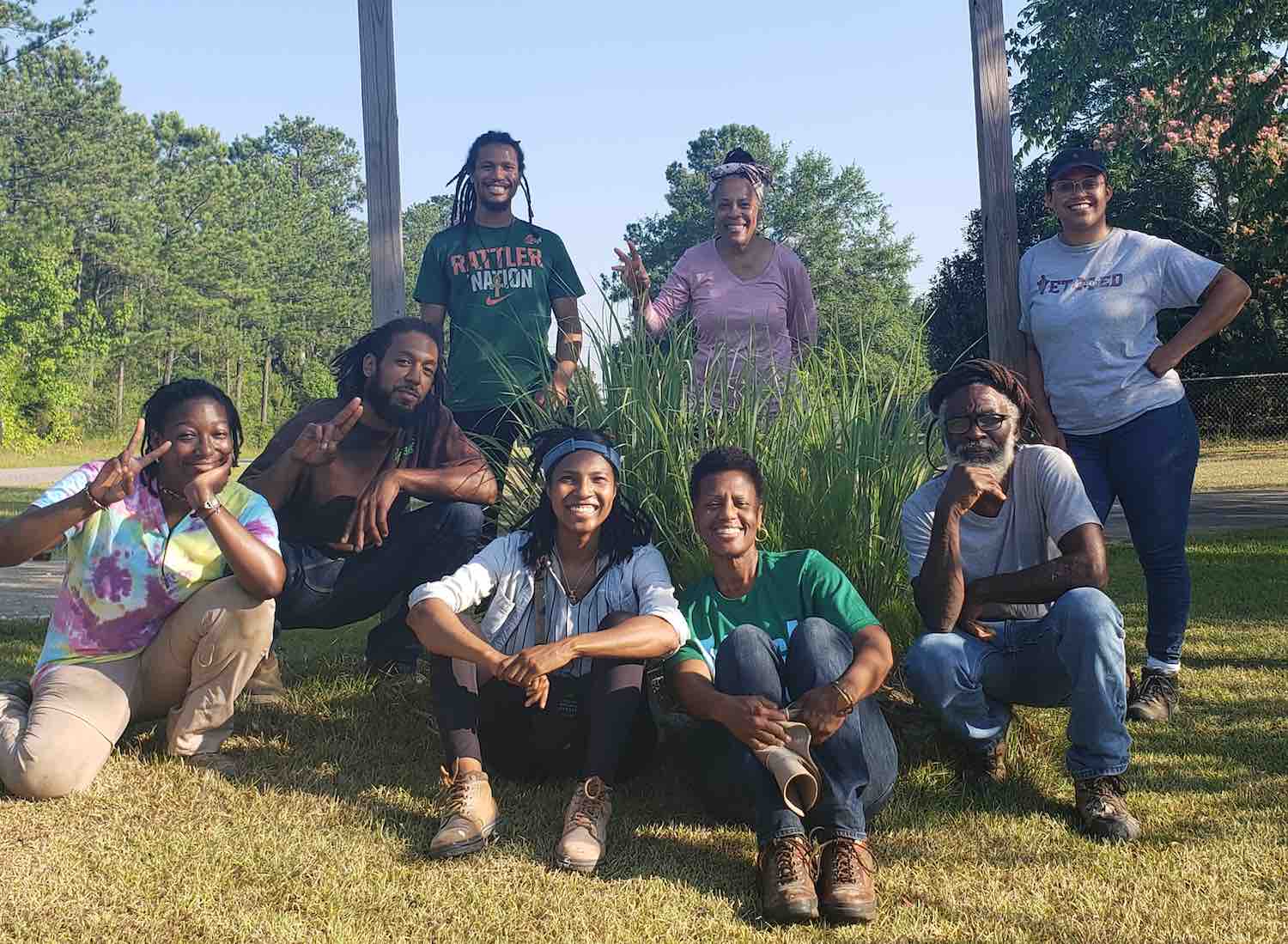ImpactAlpha, Apr. 6 – Raising money from “the crowd” has sometimes seemed anonymous and unstrategic, if not a bit desperate. By calling such a raise a ‘community round,’ startups are projecting a different vibe, bringing in customers and early adopters to speed fundraising, strengthen relationships and signal momentum to professional investors.
Increasingly, high-caliber companies are tapping crowdfunding platforms, not because they can’t raise elsewhere, but “to let customers invest in them as a way to build stronger relationships with the community and build engagement,” Wefunder’s Jonny Price told ImpactAlpha.
Wefunder, the leading regulation crowdfunding site by investment volume, likes community rounds so much it wants the term to replace ‘equity crowdfunding.’ “Crowdfunding has connotations with Kickstarter,” says Price, referring to the popular site that helps projects and companies raise funds in exchange for rewards rather than equity. Price positions community rounds with ‘friends and family’ financing, or angel investments. “It’s more in keeping with the trajectory that a venture backed startup might be on.” Wefunder itself has raised over $20 million from its users since 2012.
Startups over the past 18 months have moved ahead with community-led rounds, often alongside venture investors. In less than 24 hours last weekend, software developer platform Replit raised an oversubscribed community round of more than $5 million on Wefunder. The campaign followed Replit’s raise at a valuation of $800 million in a round led by the Silicon Valley venture heavyweight Andreessen Horowitz. The catch: This time only Replit users could invest.
“Replit has a one-of-a-kind community that you won’t find anywhere else,” tweeted Replit’s Amjad Masad to launch the campaign. The company, which boasts over 10 million coders from 200 countries on the platform, is about creating opportunities unhindered by class or geography, he said. “It doesn’t make sense to hold those beliefs while restricting investment to an elite few.”
Last year, Gumroad, a digital marketplace for creatives, turned to its user base to raise $5 million from more than 7,000 investors on crowdfunding site Republic in 12 hours, shortly after the SEC boosted the amount startups can raise from $1 million to $5 million. Prior to the round, AngelList’s Naval Ravikant and Basecamp’s Jason Fried had committed to invest a combined $1 million. Gumroad offered its enthusiasts the same terms.
That same week, venture capitalist Arlan Hamilton tapped her online and professional network to raise the maximum $5 million in just a few days for Backstage Capital, which backs people of color, women and LGBTQ+ founders. “When we have upside, you have upside,” Hamilton said in an interview.
And Slow Money Northern California, a group of investors and donors in local food enterprises, encourages entrepreneurs that pitch at its Food Funded conference to raise community rounds. “Our team has a goal that at least 50% of our curated finalists at the Food Investor Fair have an investment offering open to all,” says Slow Money No. Calif.’s Arno Hesse. Afro-Brazilian food franchise The Damel and Oakland-based Firebrand Bakery are raising on Wefunder. Woman- and minority-owned Down to Cook is raising on Republic.
Inclusive communities
Community-led startup investing is changing not only who gets to invest, but who gets funded. Dollars invested through online startup platforms grew by more than 130% from 2020 to 2021 to $486.8 million, according to the latest intelligence report from KingsCrowd, which tracks crowdfunding investment data.
Companies with a Black or Brown founder last year received roughly a third of the nearly $500 million in online investments, compared to just 2.6% of venture capital overall, according to KingsCrowd. Female founders, who garnered just 2.1% of venture investments in 2021, received almost 20% of crowdfunded capital.
“Ownership matters,” Ramiro Canovas of Fanbase told ImpactAlpha. Atlanta-based Fanbase, founded by Isaac Hayes III, son of the R&B legend, lets creators and community-builders own and monetize their content through monthly subscriptions. The startup has raised nearly $6 million from thousands of investors across two community-led rounds on crowdfunding platform StartEngine.
Other social media platforms have struggled to support Black and Brown creators. Fanbase is centering creatives of color among its users. Canovas estimates that 60% to 70% of investors in the rounds are Fanbase users. Part of being an inclusive social media platform is not being owned by two or three entities, “but actually the users owning the platform itself and owning their content,” he says. “We wanted to give the chance of ownership to people beyond those who are qualified to do investments.”
As the firm began conversations with professional investors for its Series A, Canovas was concerned about the appearance of having raised two seed rounds through crowdfunding. Instead, Fanbase is finding, “they like it.” Venture investors see a “solid base of investors that believe in the app,” says Canovas. “This shows that there’s something valuable here.”
Disclosure: The author participated in crowdfunding campaigns for Wefunder, Gumroad, Backstage Capital and Fanbase.











